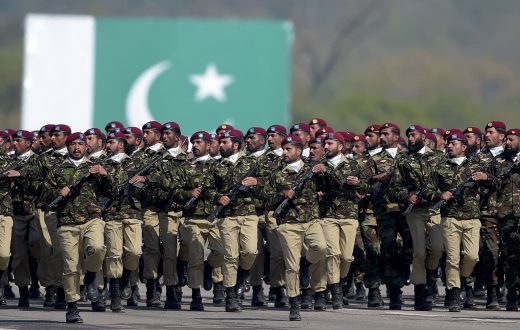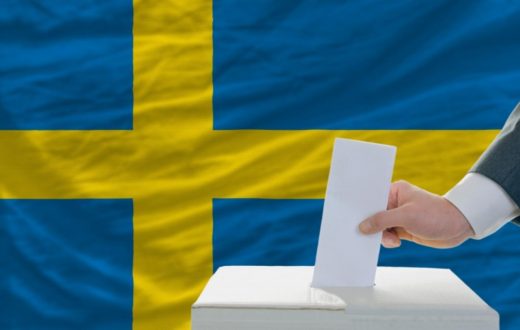May 24th Ethiopia General elections
Although it is formally described as a multi-party system, the crushing victory of the Ethiopian dominant party, the Ethiopian People’s Revolutionary Democratic Front (EPRDF), has put at stake the electoral procedure and the party system in the country. The EPRDF has been ruling the second most populated country in Africa for over two decades and seems to stay in power for an even longer period now. Indeed, the political landscape drawn this time goes as follows: opposition party will not hold a single one in the parliament elected, and of the 1,987 seats in the regional parliaments, it will have only reached 21 of seats.
As stated by the chairman of the electoral board, “the general elections were characterised by high voter turnout and orderly conduct of the elections proceedings. The elections were culminated in a free, fair, peaceful, credible and democratic manner”.
One main explanation for the continuing of the ruling party has been the economic progress made by the country ever since the EPRDF took control of the government. In fact, Ethiopia, whose 1984 famine triggered a major global fundraising effort, has experienced near double-digit economic growth and huge infrastructure investment, making the country one of Africa’s top-performing economies and a magnet for foreign investment. Ethiopia also remains a favourite of key international donors, despite concerns over human rights, as a pillar of stability in an otherwise troubled region.
The main problem of the electoral process by far has been that, as accusations have been made by rights groups, Ethiopia constantly clamps down on opposition supporters and journalists, and of using anti-terrorism laws to silence dissent and jail critics.
African Union observers said the polls passed off without incident, but the opposition alleged the government had used authoritarian tactics to guarantee victory. Activists have said the polls were not free or fair due to a lack of freedom of speech.
The United States, which enjoys close security cooperation with Ethiopia, said it remained “deeply concerned by continued restrictions on civil society, media, opposition parties, and independent voices and views”. On its part, the EU has also said that true democracy had yet to take root in Ethiopia.







